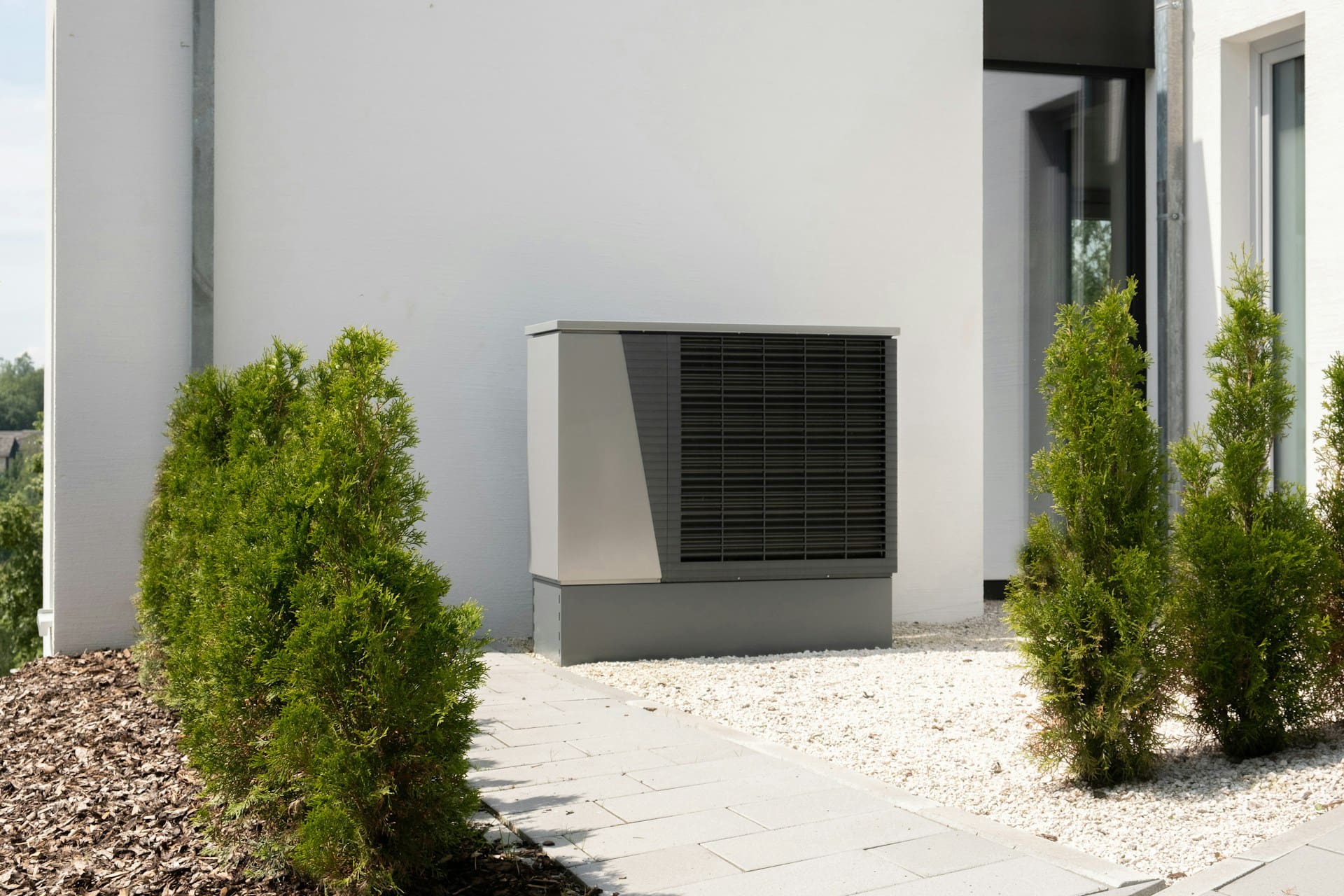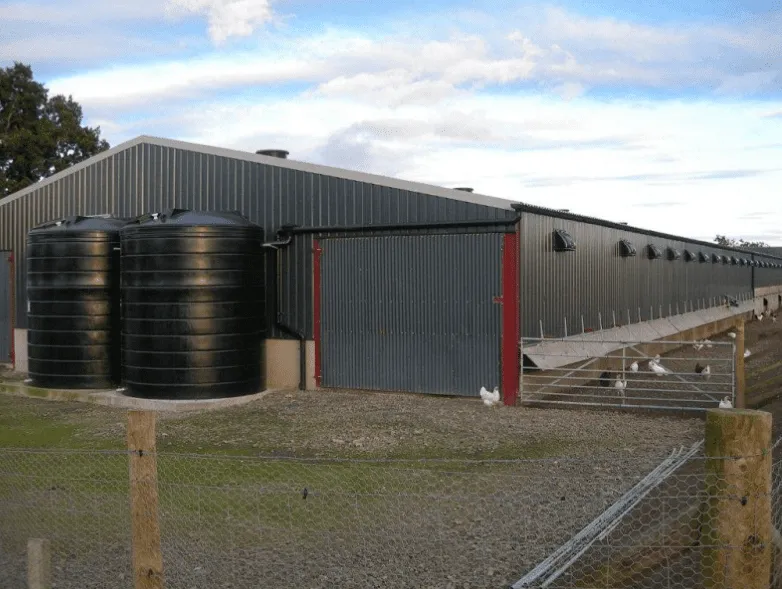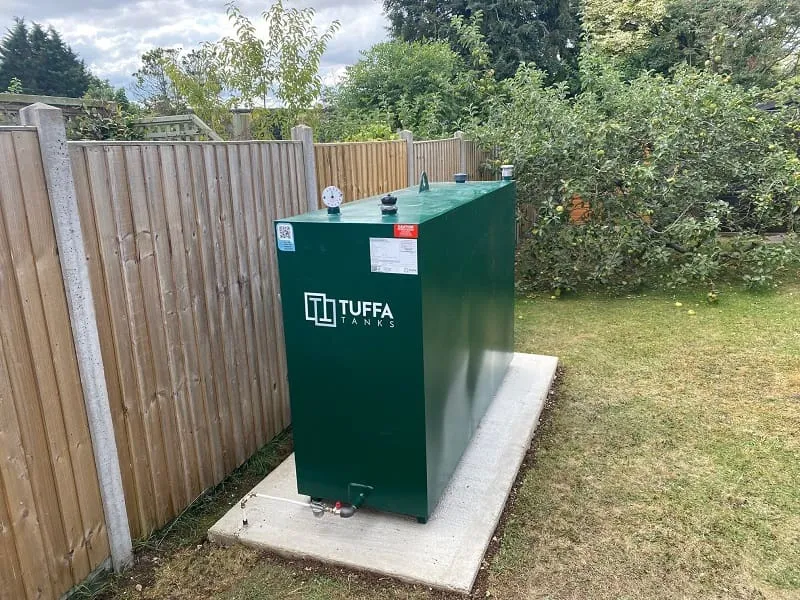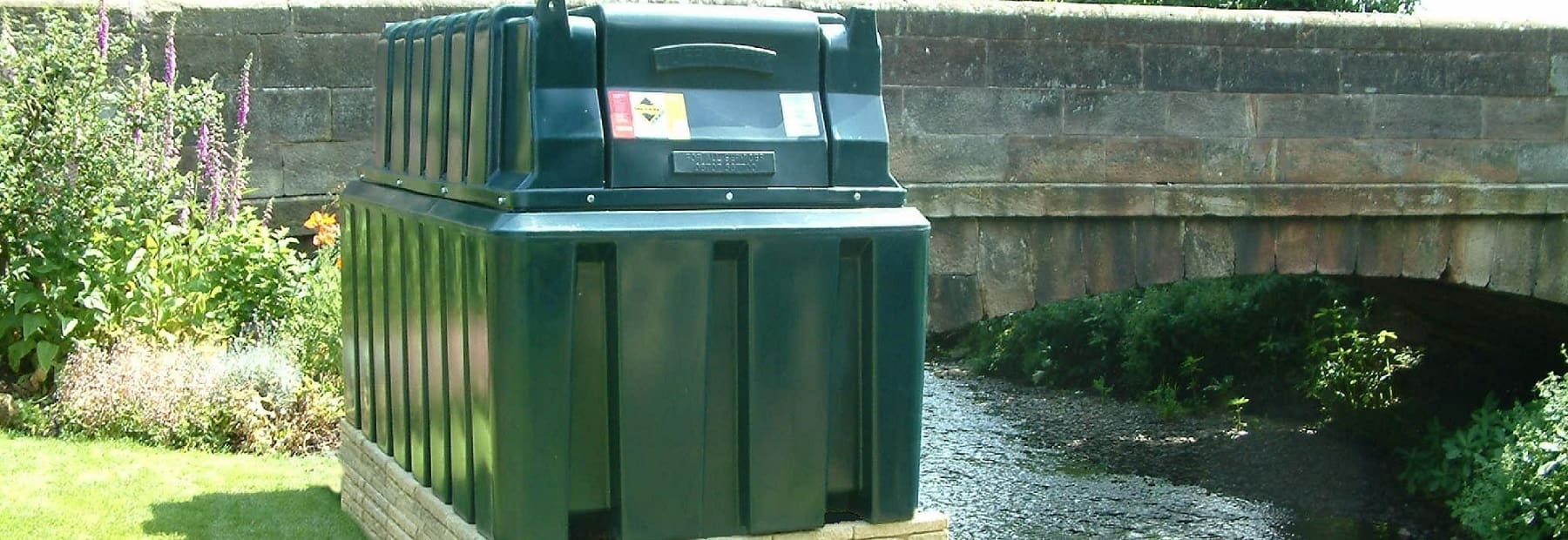With winter on the way and daylight hours shortening, households are starting to turn on the heating, often for the first time in 6 months. At this time oil tanks owners are ordering fuel deliveries and oil boilers are put into strenuous use after a long break. Full tanks and sudden strains on pipes and boilers means autumn is a common time for oil leaks to occur. With oil prices particularly low this year tanks which are usually only at 30% or 40% fill are now being filled to brimming which is exposing weak and unsuitable bases resulting in an increase in oil spills and leaks.
The importance of thoroughly checking your tank during this time cannot be stressed enough. The costs of a leak, both to the environment and financial costs, can be catastrophic. As little as two litres of oil will severely pollute an area the size of an Olympic-sized pool. It’s vital to spot the signs of a leak early and where leaks and spills do occur, oil must be prevented from entering drains and other water sources. The financial cost of an oil leak can also be considerable, as the Environmental Agency elaborates:
Heating oil can cause serious problems if it gets into the environment. But it’s not just the cost of losing the oil that can be expensive, clean-up costs can be large and are not always covered by household insurance policies.
This is why it is vital that oil is only ever stored in tanks that are in good condition. Both the tank and pipe work should be regularly inspected and people should never buy more oil than they can safely store.
Neil Paisley, Senior Environment Officer at the Environment Agency
However, preparing your heating oil tank for winter isn’t just about preventing leaks. You should also consider servicing your tank and boiler, achieving the cheapest rate for your oil, and then securing your tank against fuel theft.
Visually inspect your tank
We recommend visually inspecting the tank exterior every month to spot cracks or other signs of wear and tear before they become a major problem. However, you should be extra vigilant as you approach Winter, particularly after hot summers as sun exposure can cause cracks in plastic tanks. To ensure a clear view of the entire tank make sure you cut back any shrubs around the tank perimeter. Signs of damage to look out for include:
- Cracks and splits
- Rust
- Bulging
- Faults gauges
- Signs of an oil spill such as a stronger smell of oil, black stains on the grass and surrounding area, or an unexpected increase in oil usage which could indicate a leak.

What to do if your tank is leaking or damaged
Leaking tanks
In the event of an oil leak, you should immediately stem the flow of the oil and prevent the oil from entering water sources or soaking into the ground. Absorbent materials such as sand or even cat litter can be used to contain oil. You should also turn off supply lines in case the oil is leaking from a pipe. Once you attempted to contain the oil spill you should call an oil technician to inspect the tank and arrange a clean-up.
Damaged tanks
Plastic heating oil tanks showing damage such as cracks or splits where an oil leak could occur should always be replaced. We would never recommend patching the tank yourself as the environmental and financial risks are too great and it may invalidate your insurance. Steel heating oil tanks with minor damage or rust could be welded safely by a professional. An oil technician should be able to advise you on whether a steel tank can be repaired and the best way to drain the tank before repair work.
Replacing your tank
When replacing your old heating oil tank you might find that oil storage regulations have changed since your oil tank was installed and a conventional oil tank can no longer be sited in the same location; for example, if the old tank is within 1.8m of a building. For those hoping to use the existing tank base and preserve their outdoor space, this can be disappointing. Fortunately, you can install our innovative fire protected tank range adjacent to, or even inside, buildings while still conforming to building regulations. As well as our unique fire protected tank range, we also manufacture single skin and bunded oil tanks in plastic and steel.
Get your boiler serviced
As well as conducting your own monthly visual inspections of your oil tank, you should also organise for an oil heating technician to service your boiler and tank each year. They will check for water in your tank and thoroughly inspect gauges, pipes and the boiler to reduce the chance of a breakdown and improve the efficiency of your boiler.
Autumn is normally the best time to book your service. The typical household uses two-thirds of its yearly heating oil consumption between the months of October and March so it makes sense to book a service when you need your tank and boiler to work at optimal performance.
Secure your tank against fuel theft
Early winter is the time when oil theft is most likely to occur. This is when criminals get the biggest rewards as oil tanks are most likely to be full. Fuel theft is a serious issue in the UK and in 2018 there were over 25,000 confirmed cases resulting in losses of over £1.75m. Using padlocks on lids and fill points is a simple way of protecting the contents of your tank – just remember to unlock it for your fuel supplier!
Another reason why oil theft increases during Winter is that the nights are long and foot traffic is reduced. This creates an environment where thieves feel secure. Visual deterrents such as security lighting and CCTV (or even dummy CCTV) on your property will often be enough to prevent fuel theft.
Get the cheapest rate for your oil
Those with the foresight to purchase their oil early can benefit from cheap rates before high demand ramps up the prices. Often the best thing to do is fill your tank at the very end of summer when rates are at their lowest. You can then top up the tank as needed to last until April when prices start to fall.
Because heating oil doesn’t require a contract (unlike your gas and electric) you can save money by comparing kerosene prices between multiple suppliers and pitch competitors against each other. Another option is to join a heating oil club, a syndicate of local people who band together to bulk-buy heating oil reducing delivery costs and achieving a lower rate for each syndicate member.
By following these four simple steps every winter you’ll be doing your bit the protect the environment, keep your house warm, and reduce your outgoings.
Tuffa Tank is a market-leading UK manufacturer of heating oil tanks. We manufacture single skin and bunded oil tanks in plastic and steel but are probably best known for our unique, patented, fire protected oil tanks.
To enquire about our heating oil tanks contact our Sales Support team by emailing [email protected] calling 01889 567700 or completing the enquiry form below.






























